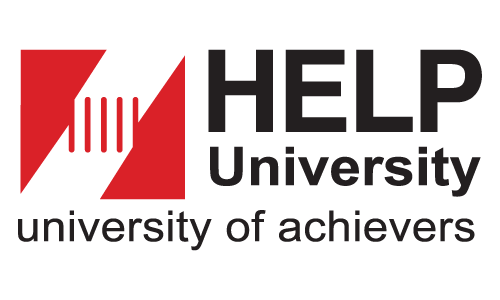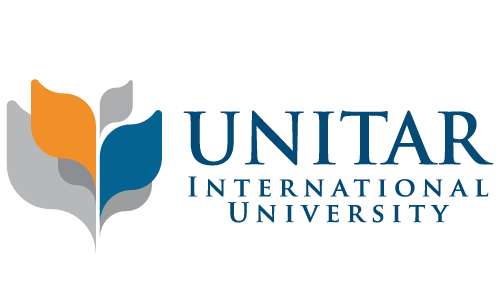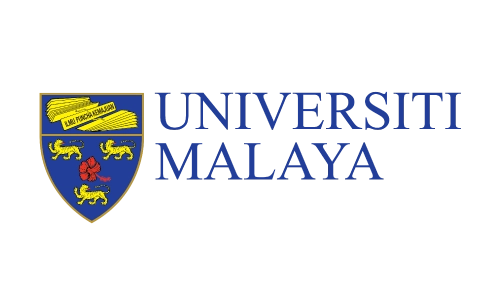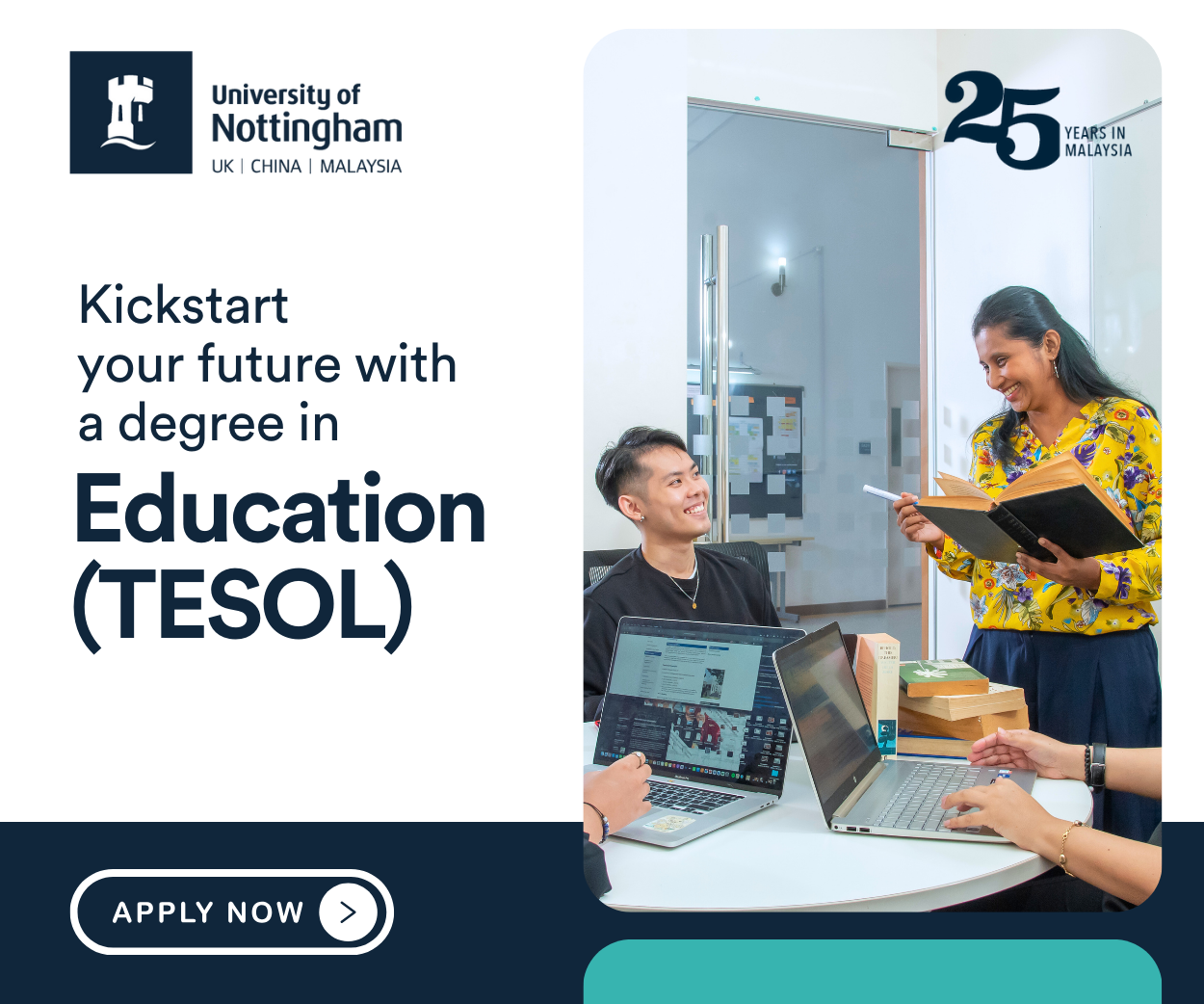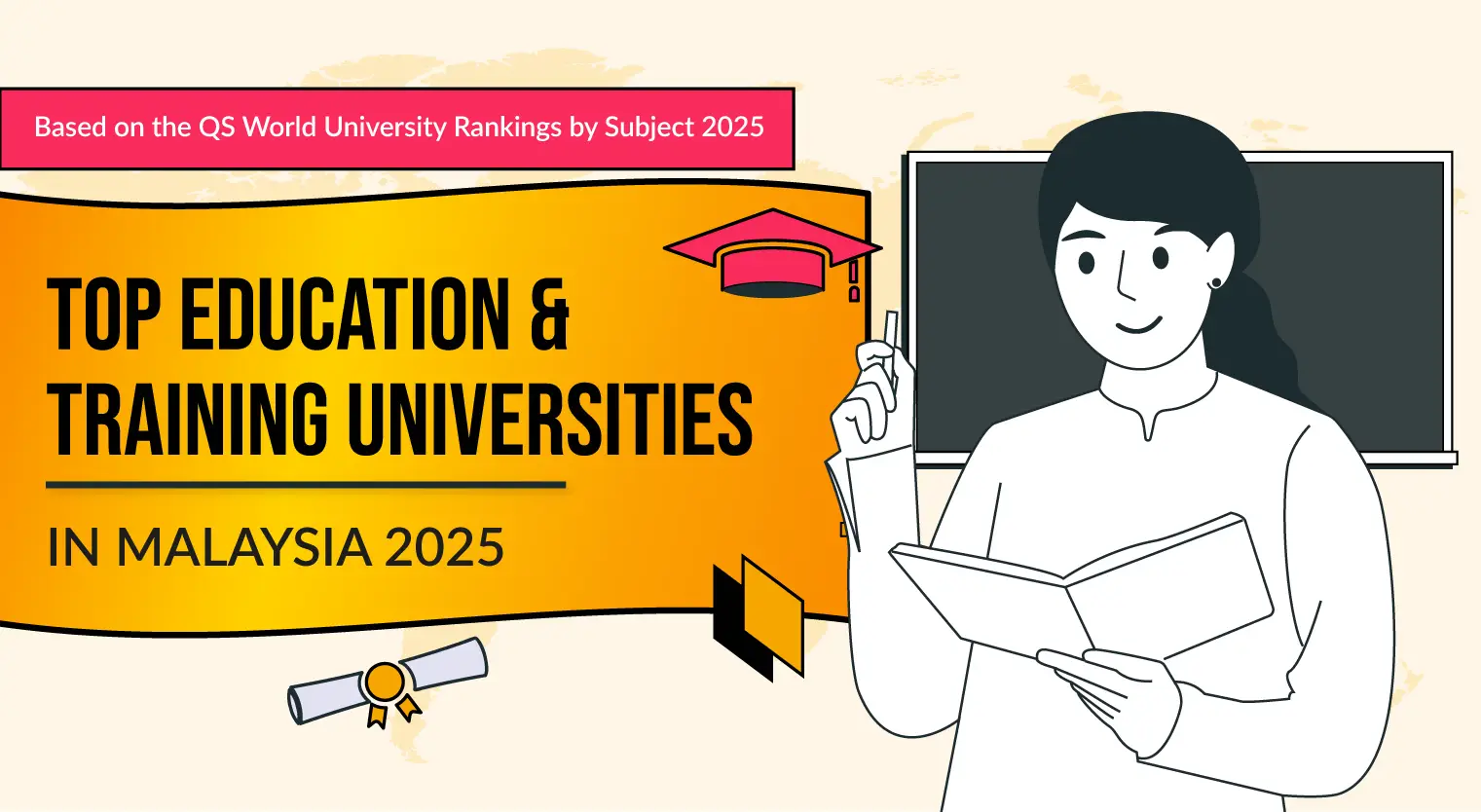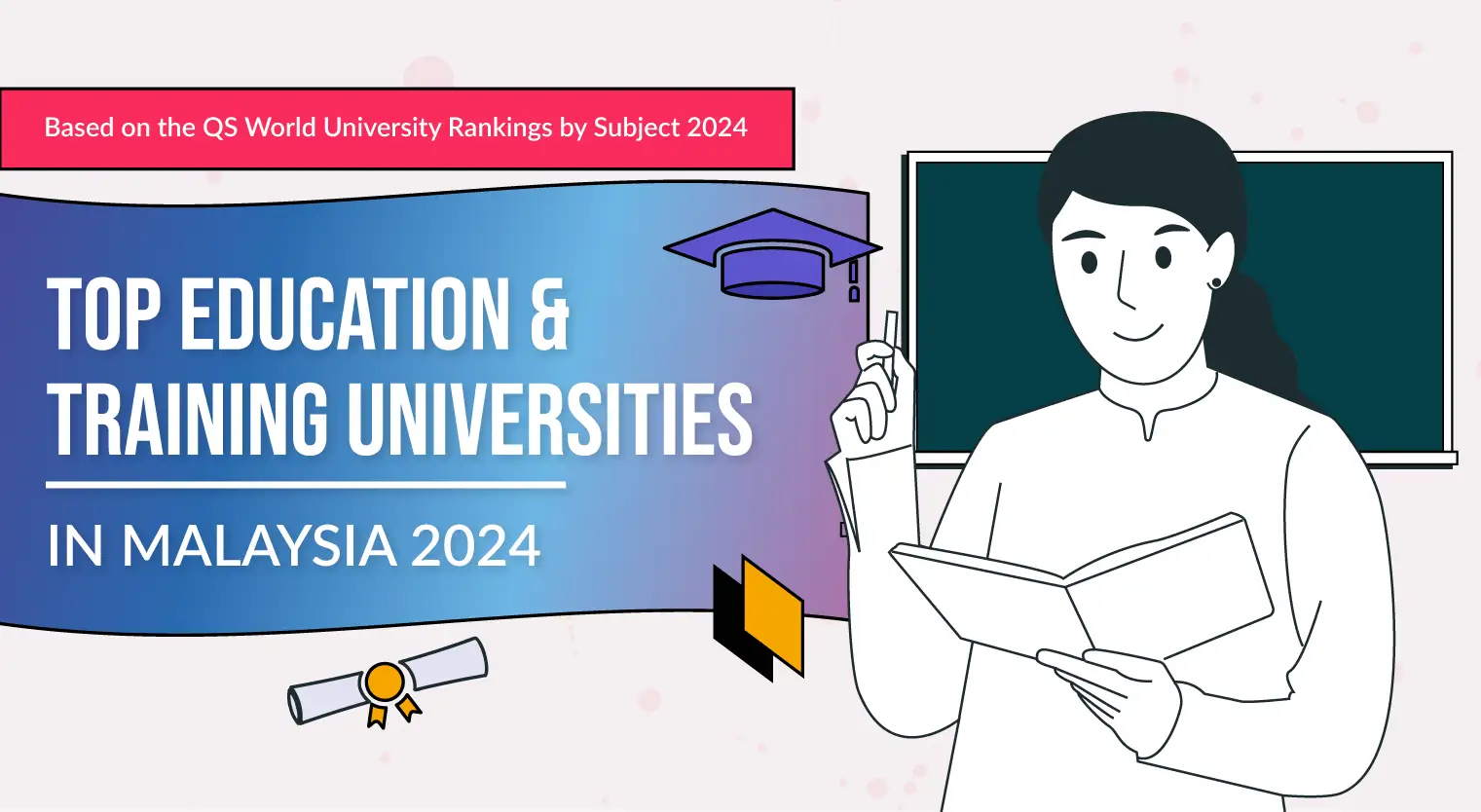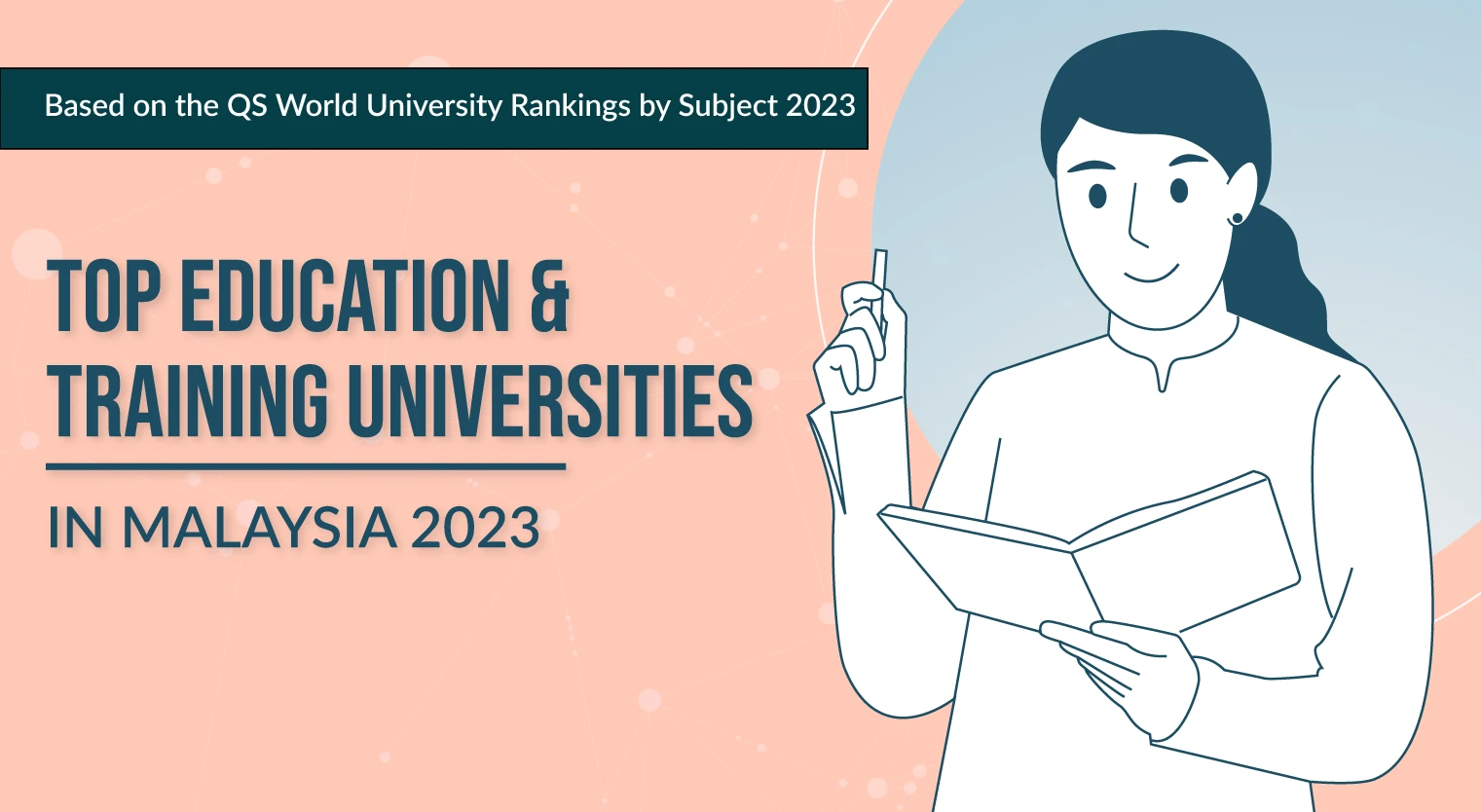The Complete Guide to Studying Education in Malaysia
Do you need an education degree to become a lecturer in Malaysia? Discover what it means to study an education programme in Malaysia here.
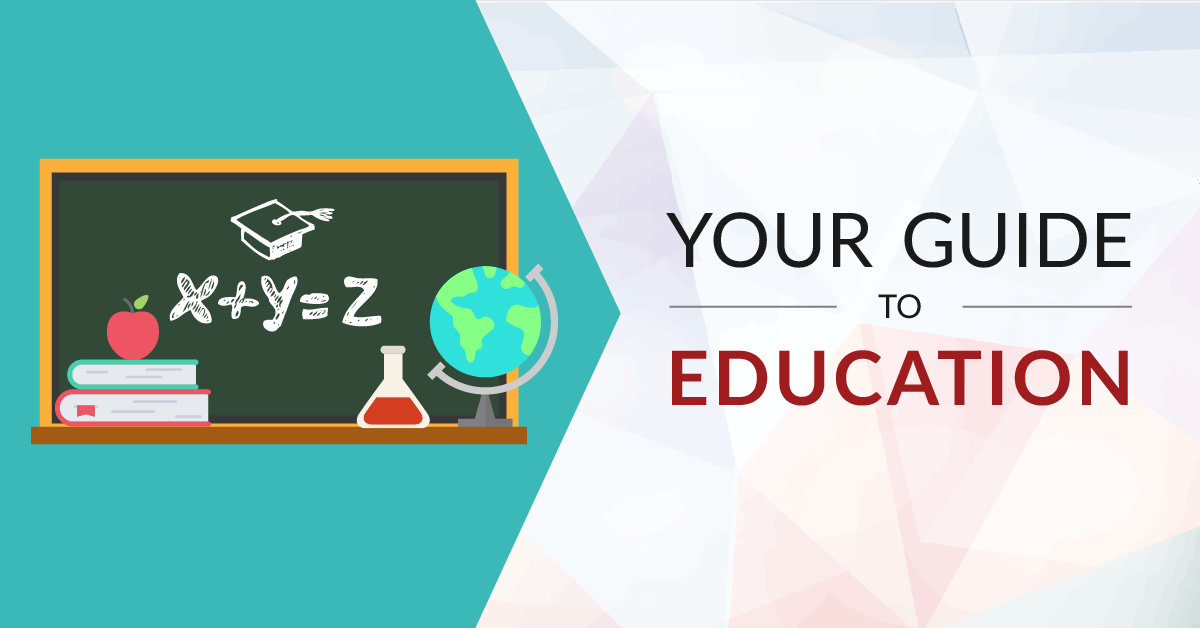
Did you know that the global poverty rate can be reduced by more than 50% if all adults completed secondary school?
That is the power of education. More than just about acquiring knowledge, education can break down barriers, open the doors to better opportunities and improve the lives of people all around the world. This makes the field of teaching a crucial component in building the next generation.
So, if you’re inspired by the noble profession of teaching, check out this course guide and learn everything you need to know about studying a Degree in Education in Malaysia.

University of Nottingham Malaysia
Bachelor of Education with Honours (TESOL)
✓Experience world-class UK education to teach English to primary and secondary school students
#1. The Basics of Education
a) What is Education?
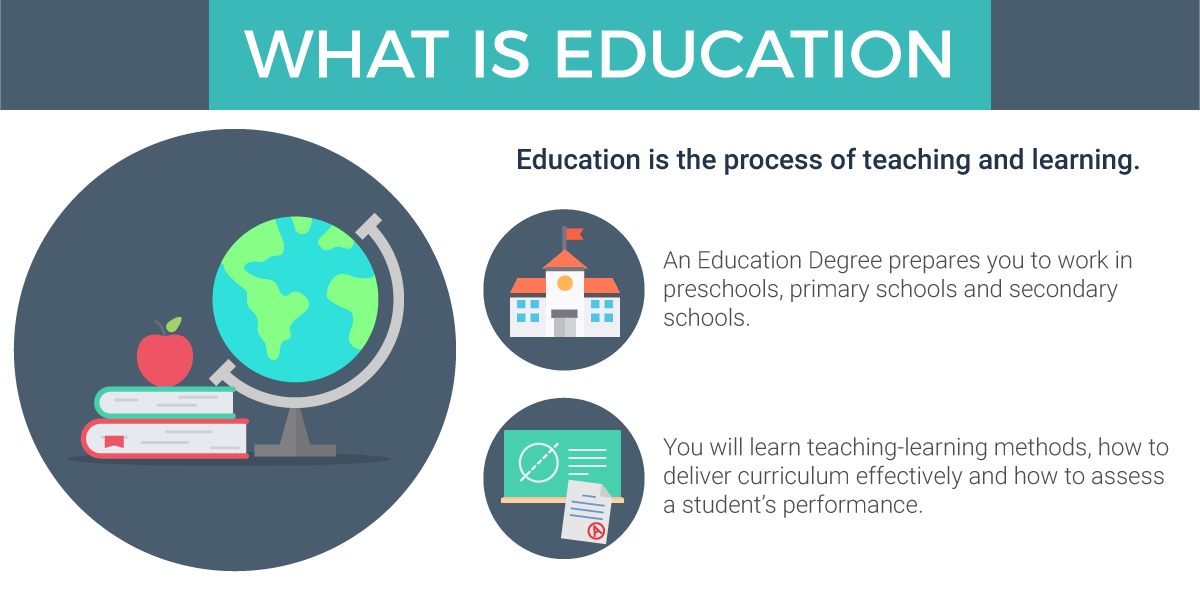 Education is the process of teaching and learning. As a degree, it prepares you to work as a teacher in schools, primarily in preschools, primary schools and secondary schools.
Education is the process of teaching and learning. As a degree, it prepares you to work as a teacher in schools, primarily in preschools, primary schools and secondary schools.
Studying a course in education will equip you with the skills, tools and concepts required in the teaching profession. You will learn various teaching-learning methods, understand how to deliver the curriculum effectively to different types of learners and determine how to assess a student’s performance.
In addition, you’ll have the opportunity to specialise in a particular area, such as specific subjects (e.g. arts and humanities education, mathematics and science education), a specific level (e.g. early childhood education for young children) or a specific area of education (e.g. educational assessment and testing; educational management, planning and policies).
b) What Are the Various Specialisations of Education?
There are many specialisations in an education course and each focuses on different things. Here are some of the fields that you can specialise in.
| Specialisation | What Is It All About |
|---|---|
| Early Childhood Education | Focuses on developing children between the ages of 0 and 8 years |
| Guidance and Counselling | Supports a student's personal, social, educational and career development through counselling |
| Primary Education | Specialises in educating children between the ages of 5 and 12 years |
| Special Needs Education | Specialises in teaching children with disabilities and disorders |
| Subject Specialisation | Mastering 1 or 2 subjects (e.g. mathematics, physics) to teach pre-teens and adolescents between the ages of 13 and 18 |
| Teaching English as a Second Language (TESL) | Focuses on teaching English to non-native English speakers |
#2. Studying an Education Course
(a) How Can You Pursue a Qualification in Education?
There are various types of institutions in Malaysia that offer education courses. Your decision should be based on the area of education you’re looking to specialise in.
(i) Public colleges and universities
Public higher education institutions offer a wide variety of education courses and have the most options, starting with foundation programmes all the way to postgraduate levels.
In addition to education courses that encompass the different levels of education (e.g. Early Childhood Education, Primary Education), these institutions also offer education courses with unique subject specialisations, such as Interactive Media, Sport Science and Physical Education.
(ii) Private colleges and universities
You can also opt to pursue an education course at private higher education institutions.
Compared to public institutions, most private institutions focus on education courses such as Early Childhood Education, Teaching English as a Second Language (TESL), Special Needs Education and Guidance & Counselling.
(iii) Institut Pendidikan Guru (IPG)
Alternatively, you can also pursue education courses that are offered by Institut Pendidikan Guru (IPG), which specialises in training primary school teachers.
With this pathway, you’ll start with the Program Persediaan Ijazah Sarjana Muda Perguruan (PPISMP), which is a 1-year preparatory course that you can take after SPM. Subsequently, you can pursue the Program Ijazah Sarjana Muda Perguruan (PISMP), a 4-year teaching degree.

b) Entry Requirements & Qualifications
To pursue an education course, you are required to meet the entry requirements set by colleges or universities.
(i) Diploma in Education
If you are planning to pursue a Diploma in Education, these are the general entry requirements that you are required to meet:
- SPM / O-Level: Minimum of 3Cs in any subject
A Diploma in Education typically takes about 2.5 years to 3 years to complete.
Upon completion, you can choose to join the working world, or further your studies to a Degree in Education (entering from the second year onwards).
(ii) Degree in Education
To pursue a Degree in Education, you need to complete your SPM or an equivalent qualification and a pre-university programme.
The requirements needed to pursue an Education Degree are:
- A-Level: Minimum 2Ds
- STPM: Minimum 2Cs
- Foundation: Minimum CGPA of 2.00
- Relevant Diploma: Minimum CGPA of 2.00
In addition to that, you will also need a minimum of 3 credits in SPM in any subject.
A Degree in Education is usually 3 years long.
c) How Does Your Education Pathway Look Like?
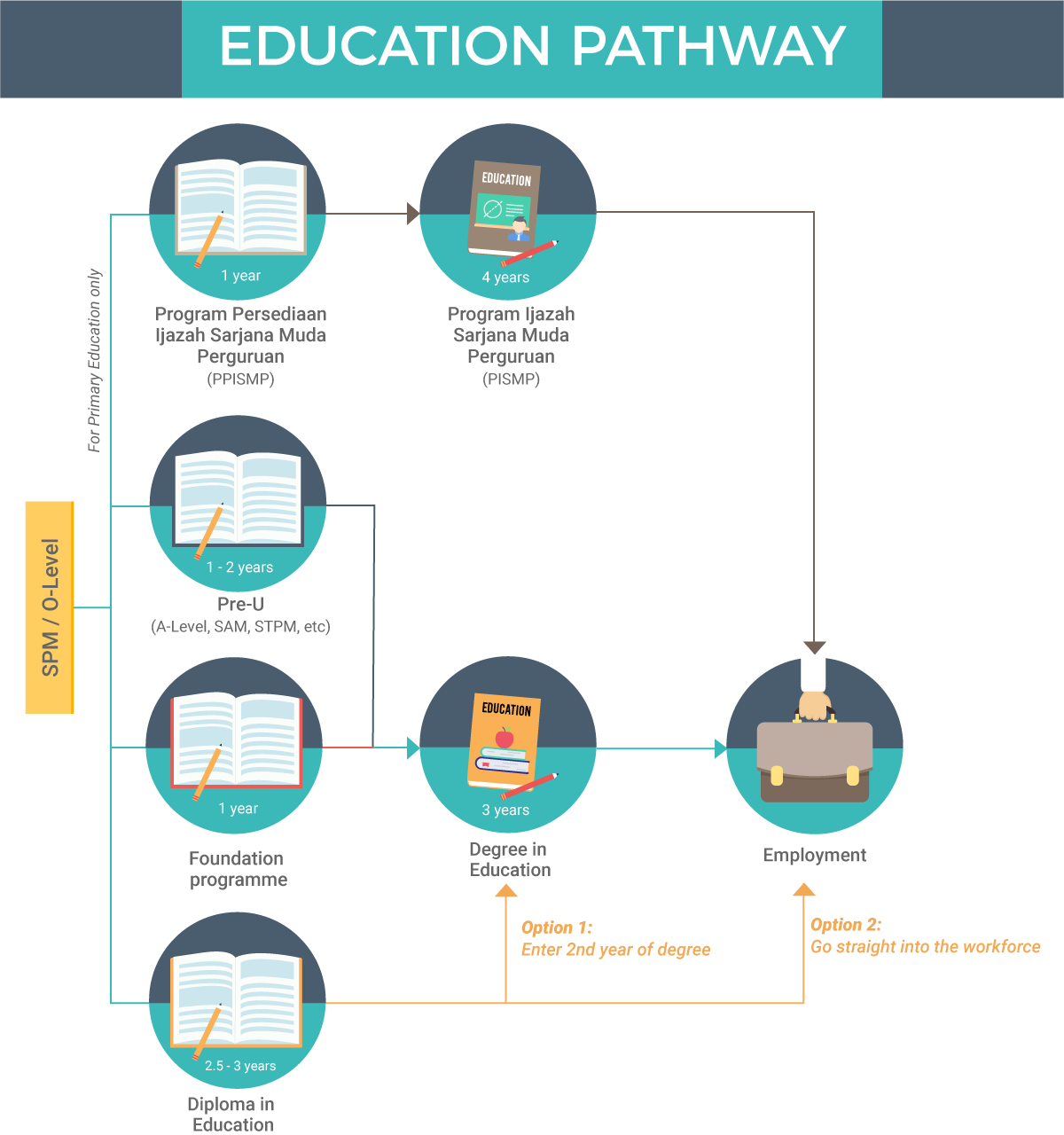 Upon the completion of your SPM or equivalent qualification, you can opt to enrol into a pre-university (STPM, A-Level, etc.) or Foundation programme. Completing a pre-university or a foundation programme will enable you to proceed to an Education Degree.
Upon the completion of your SPM or equivalent qualification, you can opt to enrol into a pre-university (STPM, A-Level, etc.) or Foundation programme. Completing a pre-university or a foundation programme will enable you to proceed to an Education Degree.
Alternatively, you can also choose to pursue a Diploma in Education.
If you are looking to be a primary school teacher, you have the additional option of studying at the Institut Pendidikan Guru (IPG), starting with the Program Persediaan Ijazah Sarjana Muda Perguruan (PPISMP) before moving on to the Program Ijazah Sarjana Muda Perguruan (PISMP).
d) What Will You Study in an Education Course?
A course in education will help you develop the knowledge, practical skills and the right frame of mind needed to teach students.
In your first year, you will be exposed to the foundations of education, which include the history and philosophy of education. Depending on your area of specialisation, you may also learn all the school subjects in the school curriculum before specialising in 2 subjects. Later on, you’ll get the chance to experience professional practicals such as mock classrooms and hands-on exercises.
Some of the subjects you may learn during your studies are:
- Education Pedagogy (principles of teaching)
- Learning, Assessment and Feedback
- Education, School and Society
- Educational Psychology
- Curriculum Development
- Classroom Management
At some universities, you may be required to undergo compulsory industrial training or internships at schools as part of the university’s degree programme. This is for you to obtain practical work experience, which can help you better understand and apply what you have learnt in university.
e) Cost of Studying Education in Malaysia
A Diploma in Education costs around RM10,000 to RM36,000.
A Degree in Education, on the other hand, is approximately RM30,000 to RM120,00.

#3. Why Should You Study Education?
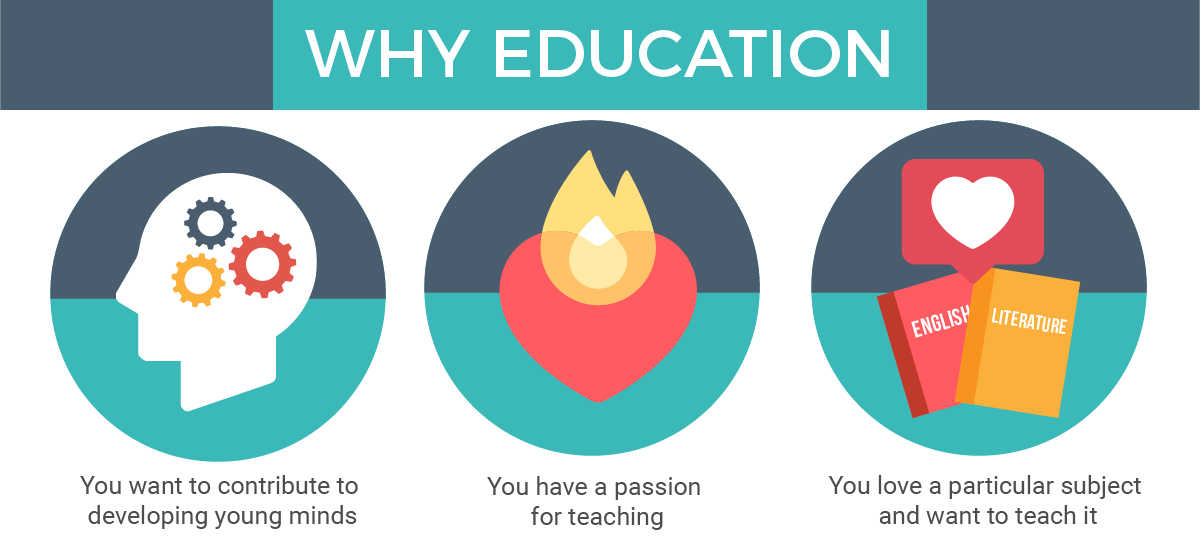 Although it takes a lot of patience, dedication and perseverance, teaching students and helping them attain success in life can be extremely gratifying.
Although it takes a lot of patience, dedication and perseverance, teaching students and helping them attain success in life can be extremely gratifying.
Here are some of the top reasons why you should be a teacher.
(a) You want to contribute to developing young minds
Students are incredibly impressionable, so you genuinely want to help them succeed in life by developing their true potential. You believe that the younger generation are the future and you want to be a part of shaping them to be the best versions of themselves.
(b) You have a passion for teaching
Knowledge is best shared with others, and what better way to impart what you know than to teach? You love explaining things to people and find it extremely satisfying when someone learns something new because of you.
(c) You love a particular subject and want to teach it
You have a favourite subject (it can be anything from Art to English) and you want to share everything you know about it. This is what makes teachers so great — when they teach a topic they are passionate about, the quality of the lesson will be far greater than those who only teach half-heartedly.

University of Nottingham Malaysia
Bachelor of Education with Honours (TESOL)
✓Experience world-class UK education to teach English to primary and secondary school students
#4. What Skills Do You Need for an Education Course?
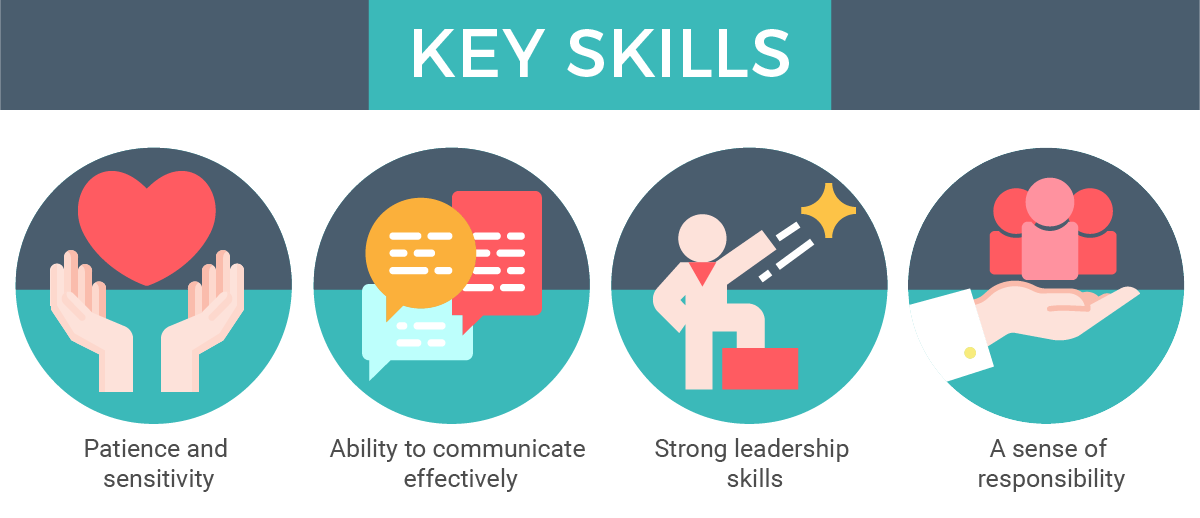 Here are some of the key skills and qualities you need to develop to do well in an education programme.
Here are some of the key skills and qualities you need to develop to do well in an education programme.
(a) Patience and sensitivity
Students can be temperamental, loud and sometimes uncontrollable. As such, you will need to be patient and sensitive yet firm enough to deal with any disobedience or conflicts they may have with their peers. Your patience will also come in handy when you need to repeat information and guide students who are struggling with a certain topic.
(b) Ability to communicate effectively
Teachers need to be clear and concise so that they can deliver their lessons effectively — the better your communication skills are, the smoother your lessons will be. Breaking down jargon and using simpler words will also help your students comprehend better.
(c) Strong leadership skills
As someone who students look up to, you will need good leadership skills to inspire students to do well while keeping them in check at the same time. Some examples of leadership skills you’ll need to develop include being confident, understanding, resourceful and leading by example.
(d) A sense of responsibility
When you teach students, you are responsible for their education and how well they do. This means that you need to be responsible when it comes to planning your lessons. You also need to ensure that you provide curricular-approved methods of teaching when delivering lessons.
#5. What Career Options Do You Have with an Education Degree?
Graduates with an Education Degree primarily seek employment as teachers, working in government, private or international schools.
Depending on what you specialise in, here are some careers that you can seek upon graduating:
- Primary school teacher
- Secondary school teacher
- Special education needs teacher
- Guidance counsellor
- Education administrator
- Tutor
#6. Where Can You Study Education in Malaysia?
If education is right up your alley, then check out some of the best universities to study an education course in Malaysia.
University of Nottingham Malaysia
Semenyih, Selangor
Bachelor of Education with Honours (TESOL)
Intake
Sep
Tuition Fees
RM174,000
Get RM300 Rebate when you enrol through EduAdvisor! T&C apply.
